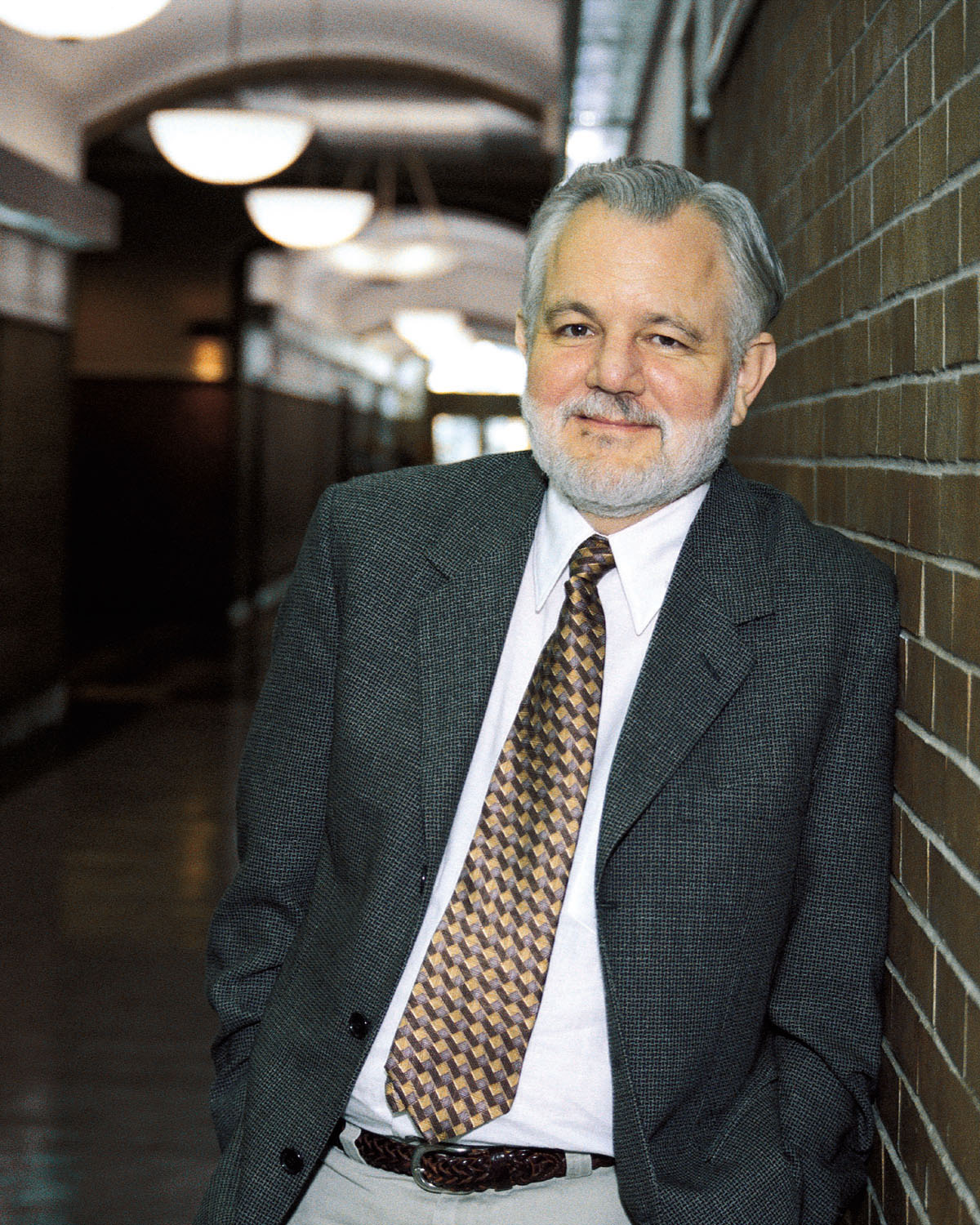
LOUISVILLE, Ky. (BP)–The apex of the Beatitudes is found in these words, “Blessed are the peacemakers, for they are called the children of God.” Peacemaking is described as a fundamental characteristic of believers.
The Messiah was to be called “The Prince of Peace” (Isaiah 9:6). The familiar Old Testament benediction concludes with, “The Lord lift up his countenance upon you, and give you peace” (Numbers 6:26). Jesus said, “Peace I leave with you; my peace I give unto you” (John 14:27). The Christian gospel itself is called “the gospel of peace” (Acts 10:36; Ephesians 6:15), and the Holy Spirit himself produces the fruit of peace (Colossians 3:15; Galatians 5:22).
Peace is not merely the absence of war. The Hebrew word for peace, shalom, refers to a state of harmony, prosperity, well-being and completeness. The New Testament word, eirene, refers to harmony in relationships, where strife and discord is replaced with harmonious relationship.
There are three foundational areas where Christians are called to make peace: with God, between Christians and corporately in society.
The first is personal and “vertical”: “Since we are justified by faith, we have peace with God through our Lord Jesus Christ” (Romans 5:1). Because of Christ’s redemptive work on the cross and our entering into a trusting relationship with him, our great war with God is over, and we have peace with God.
The second area is “horizontal” reconciliation within the body of Christ. Ephesians 2:13-17 says, “You who were once far off have been brought near by the blood of Christ. For He is our peace…. He has… reconciled both groups to God in one body through the cross.”
The third area involves corporate peacemaking in the society at large. “If it is possible, so far as it depends on you, live peaceably with all” (Rom 12:18).
The BF&M statement is very specific that this corporate peacemaking is to be based on “principles of righteousness.” In other words the peace to be sought is not “peace at any price” — which is transitory and an illusion — but rather peace that is based on God’s justice and righteousness. Once I saw a bumper sticker that said, “If you want peace, work for justice.” In the Beatitudes, righteousness comes before peacemaking. In Romans 14:17 Paul summarizes that the kingdom of God is “righteousness” and “peace” — in that order. The prophet Isaiah (32:17) also affirmed that “the effect of righteousness will be peace, and the result of righteousness, quietness and trust forever.”
Where unrighteousness, injustice and wickedness dwell, there can be no peace (Isa 48:22). The reason for this is that unrighteousness sustains division, discord, pain and strife. So whether in personal, familial, business, school or international relationships, there will not be biblical peace (healthiness, harmony) unless it is founded on God’s righteousness.
The BF&M statement calls upon the faithful to “do all in their power to put an end to war.” While some have suggested that must mean unilateral disarmament, Baptists have not understood the statement in this way and have usually taken the position that sometimes in order to establish a just and righteous peace, following the Augustinian tradition, a “just war” must be engaged.
After all is said and done, the supreme task for believers is to “pray for the reign of the Prince of Peace” and look forward to that day when his will will in fact be done on earth even as it is being perfectly done even now in heaven.
–30–
Parker is a professor of worldview and culture and an associate dean of worldview and culture in the school of theology at Southern Baptist Theological Seminary in Louisville, Ky.
Visit The Baptist Faith and Message website.
Full text of Article 16: Peace and War
It is the duty of Christians to seek peace with all men on principles of righteousness. In accordance with the spirit and teachings of Christ they should do all in their power to put an end to war.
The true remedy for the war spirit is the gospel of our Lord. The supreme need of the world is the acceptance of His teachings in all the affairs of men and nations, and the practical application of His law of love. Christian people throughout the world should pray for the reign of the Prince of Peace.
Isaiah 2:4; Matthew 5:9,38-48; 6:33; 26:52; Luke 22:36,38; Romans 12:18-19; 13:1-7; 14:19; Hebrews 12:14; James 4:1-2.
 Order a pocket-sized tract of The Baptist Faith and Message at LifeWaystores.com.
Order a pocket-sized tract of The Baptist Faith and Message at LifeWaystores.com.
















